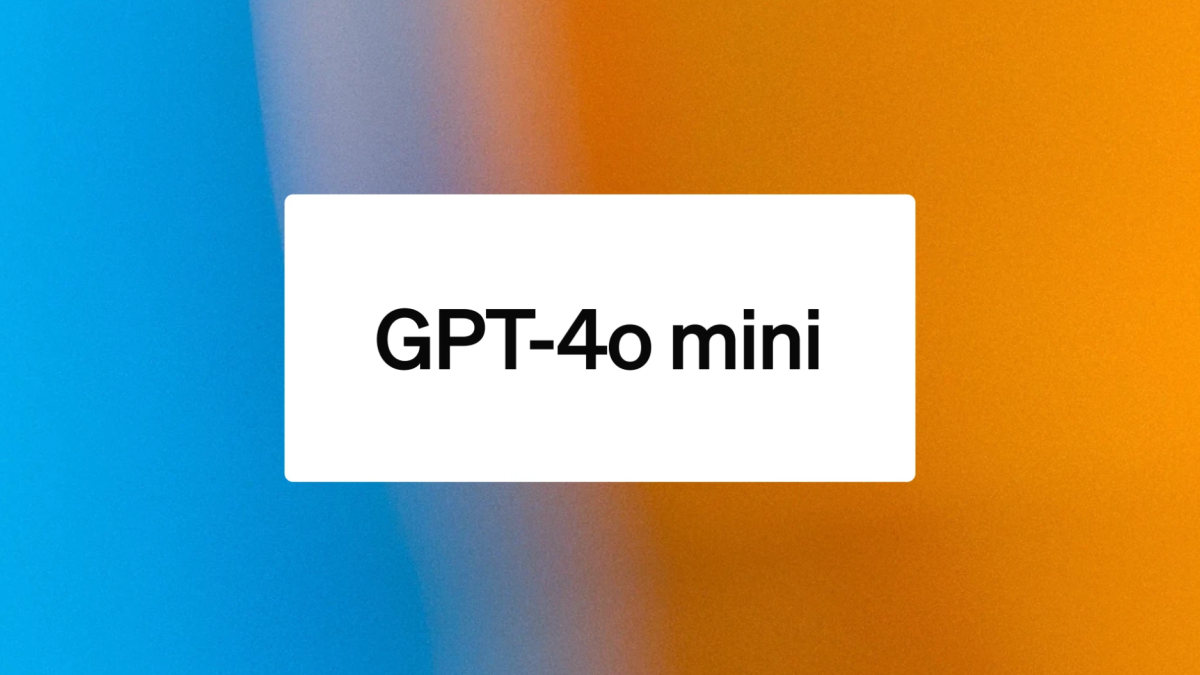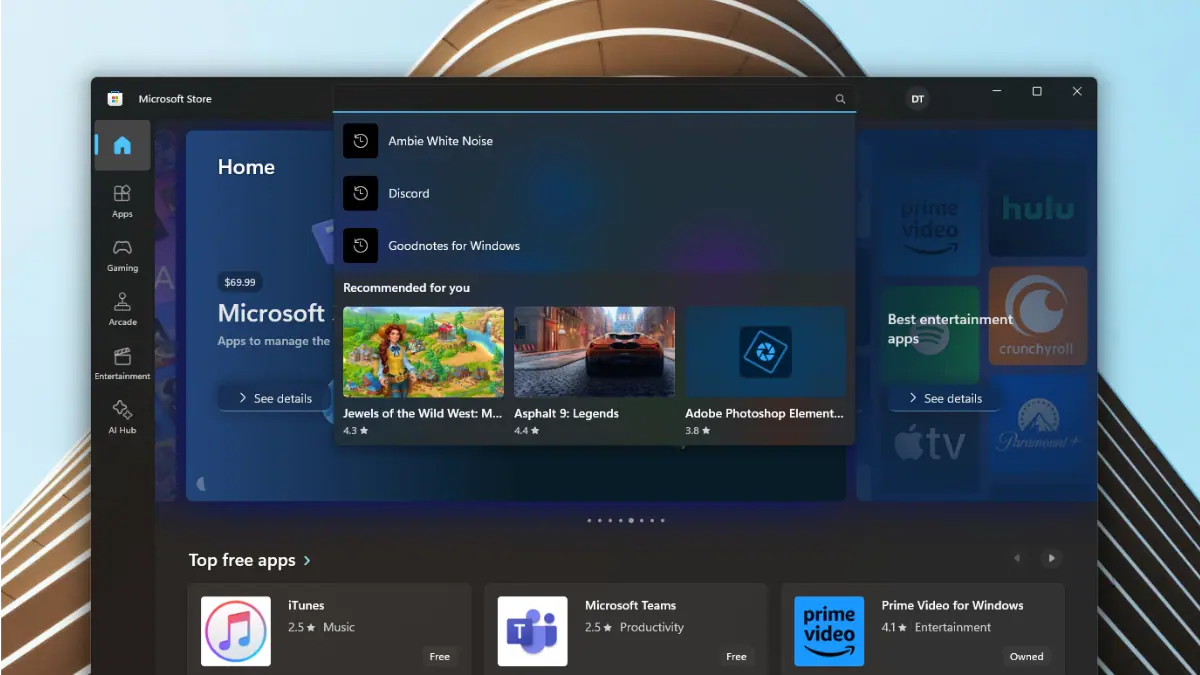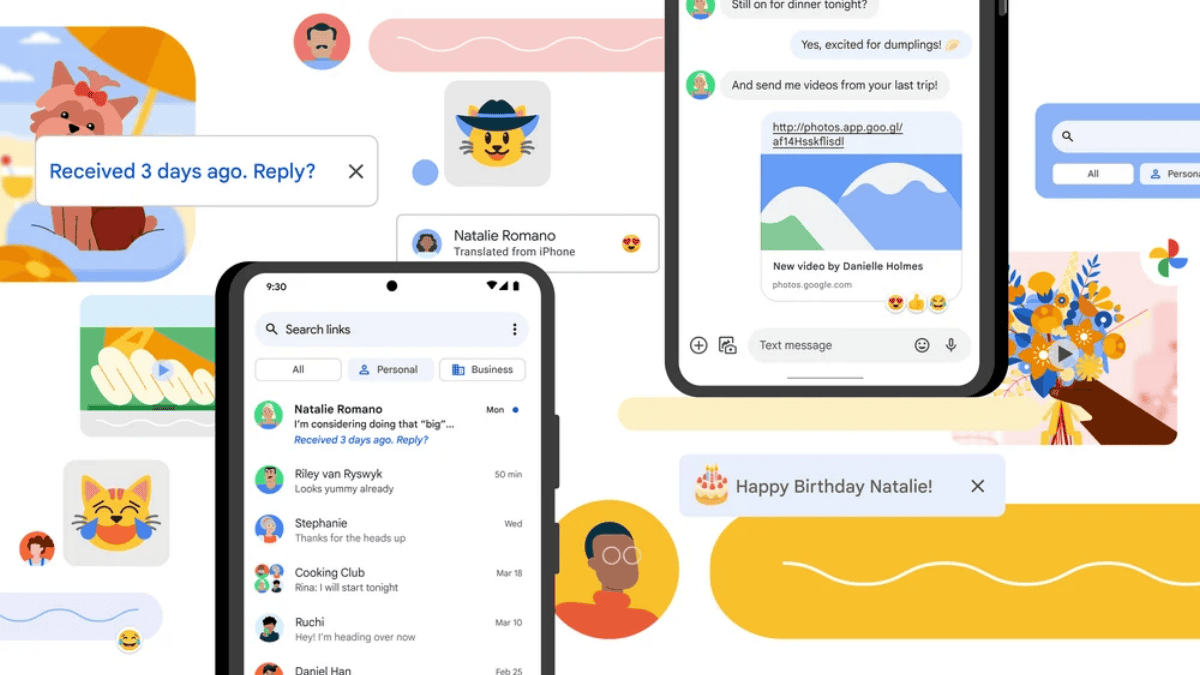Authorities demand Social networks in India scan all their pictures using Microsoft's PhotoDNA
2 min. read
Published on
Read our disclosure page to find out how can you help MSPoweruser sustain the editorial team Read more

Microsoft’s PhotoDNA is a fingerprinting tool which helps online services stay clear of images of child abuse by pre-screening user-uploaded content.
PhotoDNA creates a unique digital signature (known as a “hash”) of an image which is then compared against signatures (hashes) of other photos to find copies of the same image. When matched with a database containing hashes of previously identified illegal images, PhotoDNA is an incredible tool to help detect, disrupt and report the distribution of child exploitation material.
The technology is currently embroiled in controversy in India, after the Central Bureau of Investigation in India has reportedly requested social networks start scanning their collection of user photos using the tool. It, however, appears that the CBI is requesting the social networks find specific pictures which may not be of abuse in their collection, something the tool was not intended for.
The requests, under Section 91 of CrPC, accompanied by a collection of photos, states: “For the purpose of investigation, you are requested to conduct PhotoDNA in respect of photographs CBI asks social media firms to use intrusive photo tech to track suspects enclosed herewith. The said information is required very urgently for the purpose of investigation.”
“If any police or investigative agency is using PhotoDNA for a general crime investigation, it is a massive breach of the intended purpose of this technology, which is only for checking child sex abuse cases. This is the slippery slope of surveillance and censorship,” said Apar Gupta, executive director, Internet Freedom Foundation.
Users are also complaining that such a broad search of the photos of the general population breach their right to privacy and it seems unlikely the likes of Facebook and Twitter will comply with the request.
Read more about the issue at IndianExpress here.








